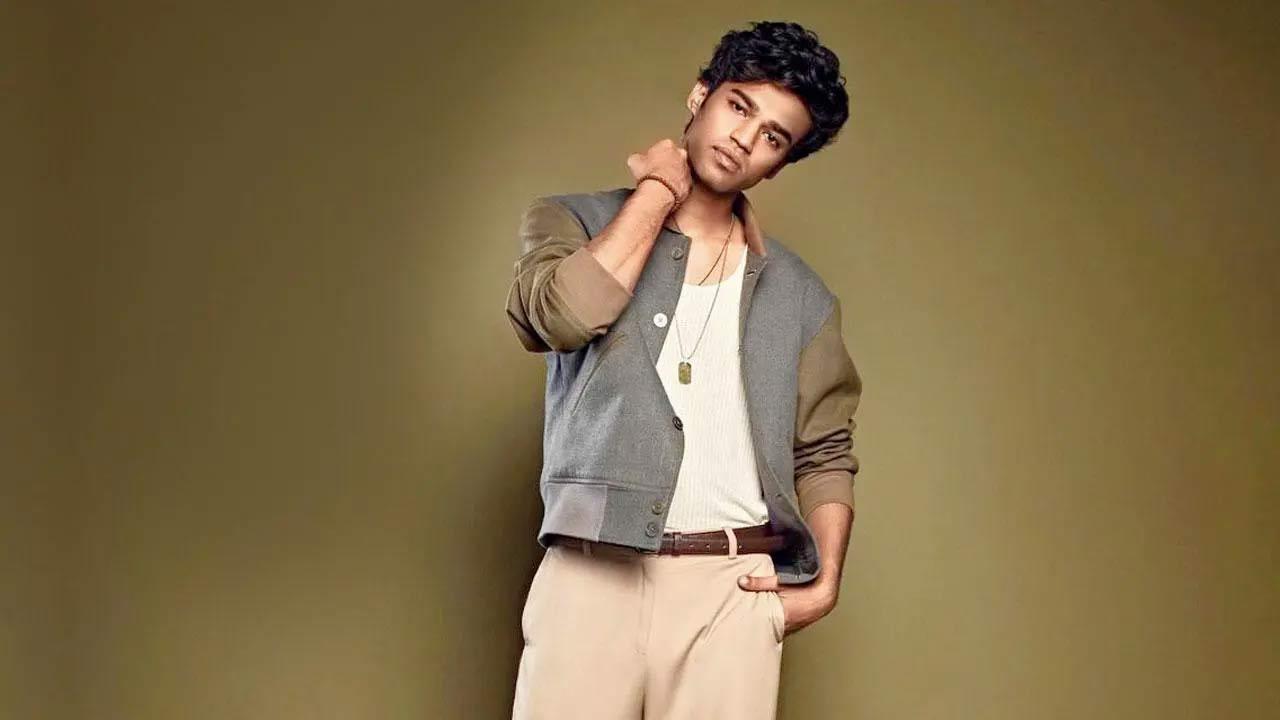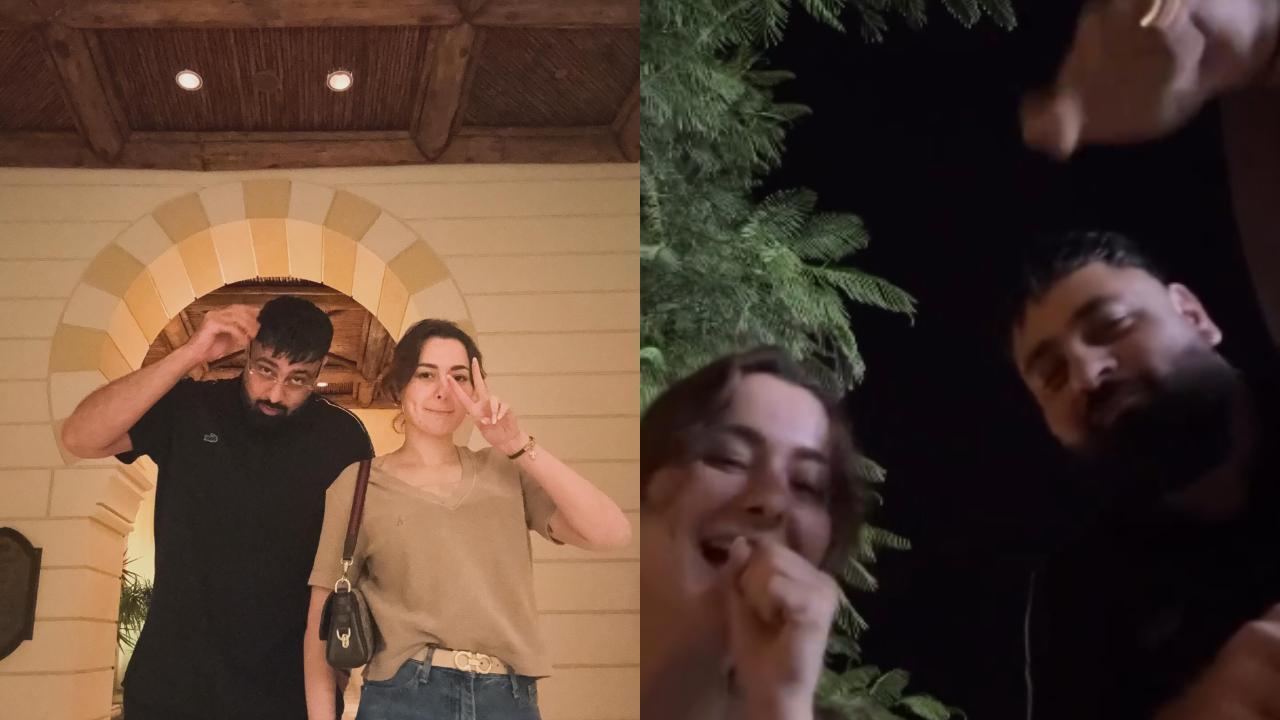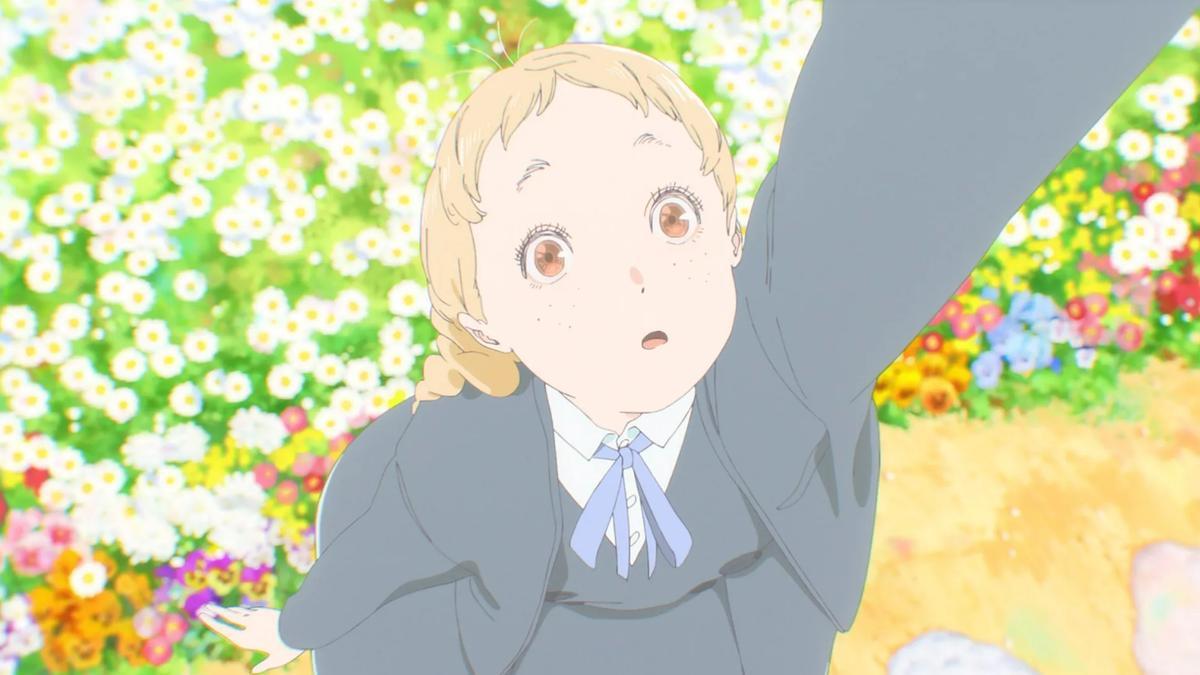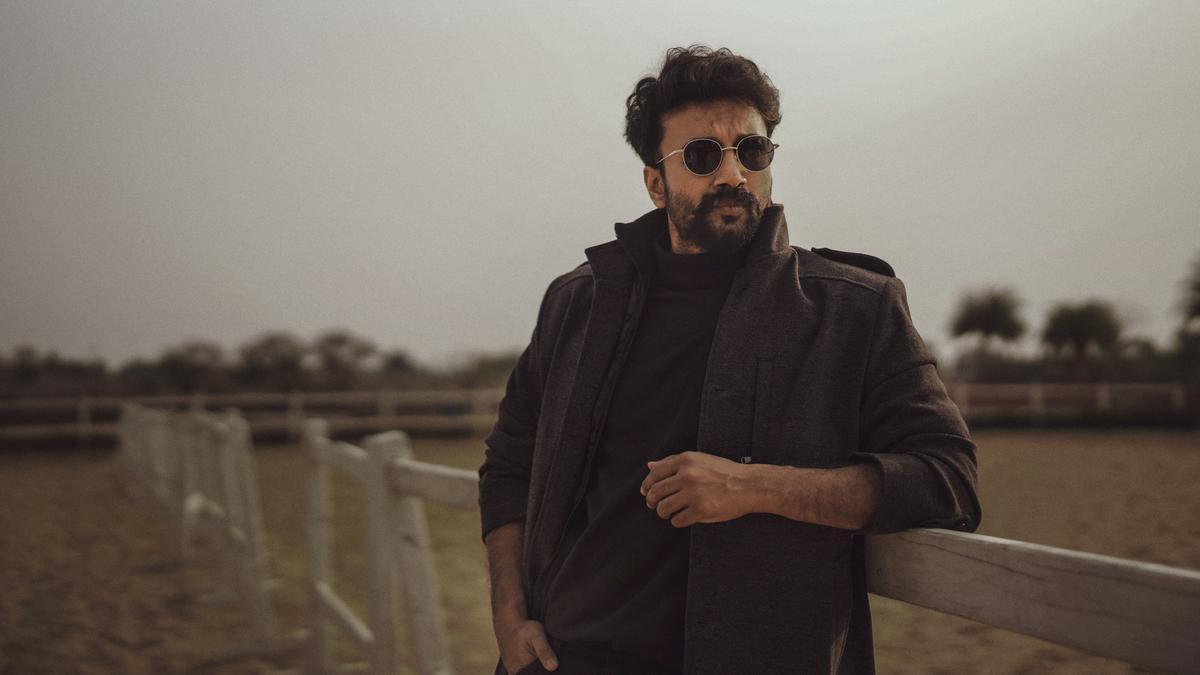
Jazz and film festivals, fashion weeks, book fairs, art biennales, and exhibitions, coupled with audacious plans to erect multiple museums, herald the dawn of a new cultural era in 21st-century Saudi Arabia. This grand vision is a pivotal part of Prince Mohammed bin Salman’s Vision 2030, unveiled eight years ago, aiming to reduce the Kingdom’s dependency on oil by transforming its cultural and economic landscape. With an ambitious goal of attracting tourism to energize the economy, Saudi Arabia is sparing no expense in its cultural renaissance.
In a testament to this vision, the nation has invested approximately $1.25 trillion in mega building projects, reports global real estate consultants Knight Frank. Among these ventures is the grand Red Sea Project, an ambitious initiative designed to showcase archaeological sites, islands, and waters comparable to the Maldives to draw international visitors. This cultural strategy is garnering international admiration, with prominent figures like footballer Cristiano Ronaldo, who relocated with his family to Saudi Arabia two years ago, extolling the country and its culture on social media.
One of the standout projects in this cultural reawakening is the development of AlUla, a historic site over 2,000 years old, located on the ancient incense route. This locale, rich with caves and tombs, is being transformed into a significant cultural destination. Major developments include two prominent museums: a contemporary art museum in collaboration with Paris’ Centre Pompidou, and the Museum of the Incense Road, among 15 cultural properties planned for the area.
The kingdom’s burgeoning cultural climate is also marked by various conferences and events. Earlier this year, AlUla hosted the inaugural Future Culture Summit, bringing together international cultural luminaries to explore how culture can advance human thought amid regional political turbulence. Prominent speakers like Laurent Le Bon, president of the Centre Pompidou, and Nora Razian of Dubai’s Jameel Arts Center, set the tone at the summit, which featured the third edition of Desert X AlUla — an immersive open-air art exhibition.
.
Co-curated by Oxford-based Maya El Khalil and Brazilian documentary filmmaker Marcello Dantas, Desert X AlUla was aptly themed “In the Presence of Absence,” featuring artworks that delved into the themes of trade, migration, and time. “Deserts are full of life, they are full of history and full of different kinds of life forms… so how do we learn from that environment?” noted El Khalil, reflecting the exhibition’s overarching metaphor for Saudi Arabia’s cultural aspirations.
Another highlight of the summit was a groundbreaking performance by Professor Eduardo Miranda of the University of Plymouth in the UK, demonstrating how quantum computers can compose music by mapping brain waves, potentially aiding individuals with special needs. Additionally, an art exhibition highlighting the past 25 years of Saudi art was held at Maraya, the world’s largest mirrored building, showcasing the nation’s diversity and complexity, often misunderstood by the outside world.
Saudi Arabia’s cultural renaissance also includes its film industry, underscored by the Saudi film festival which has been running for a decade, showcasing over 400 films annually. According to Abdullah Al Rashid, director of the King Abdulaziz Center for World Culture in Dhahran, this year’s guest program will highlight Indian cinema, not just Bollywood but also independent films. Al Rashid emphasized the importance of hearing local voices, stating, “This is a region where a lot has been spoken about, but not much has been heard from.”
The youth of Saudi Arabia, comprising 63% of the population under the age of 30, are the driving force behind these cultural shifts. Loulwa Al Sharif, a pioneering female performer who began singing publicly in 2018 after it became legal for women, exemplifies this transformative period. Recalling her first public performance, Al Sharif reflected on the supportive audience and the significance of women finding their voices in the cultural sphere.
The Kingdom’s comprehensive cultural strategy, principally funded and supported by Vision 2030, is not just about economic diversification; it is about rebranding and redefining the nation’s global image. By embracing and promoting cultural activities, Saudi Arabia aims to open new doors and possibilities, both for its citizens and the global community. The country’s commitment to this path is evident in every facet of its efforts, from massive financial investments to the encouragement of grassroots artistic expressions.










